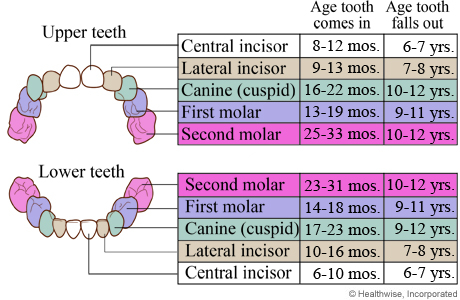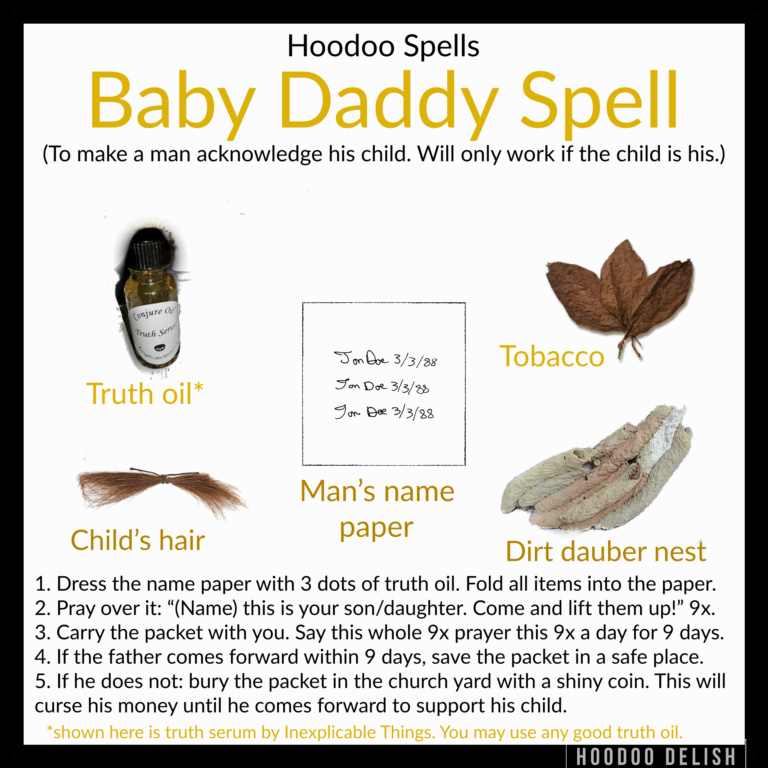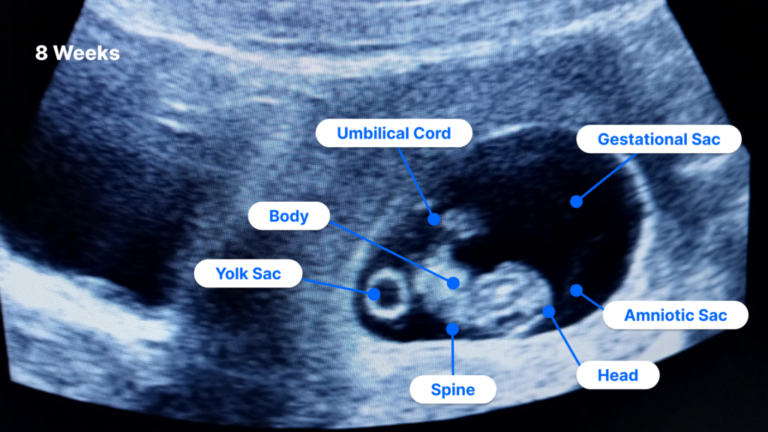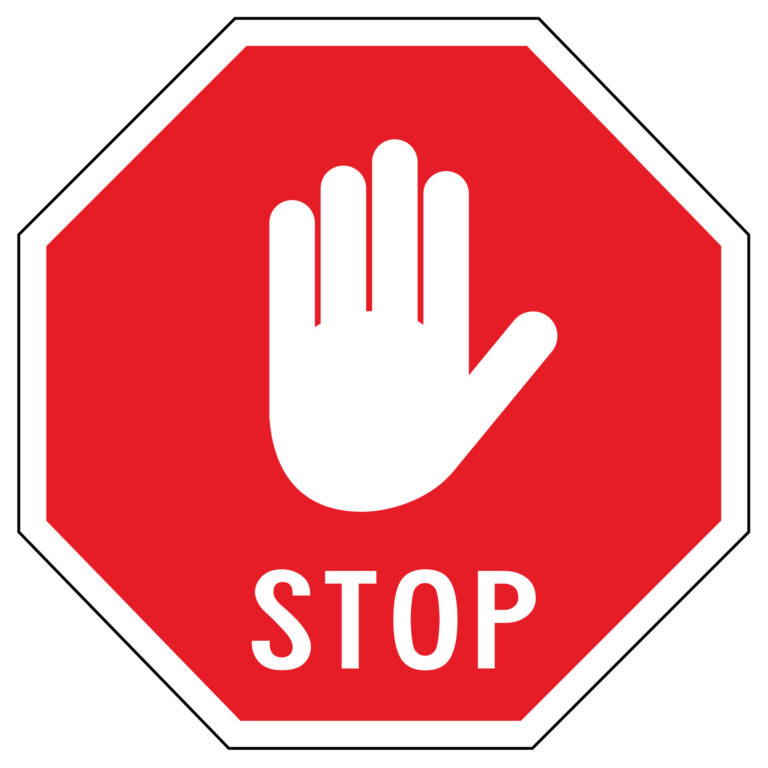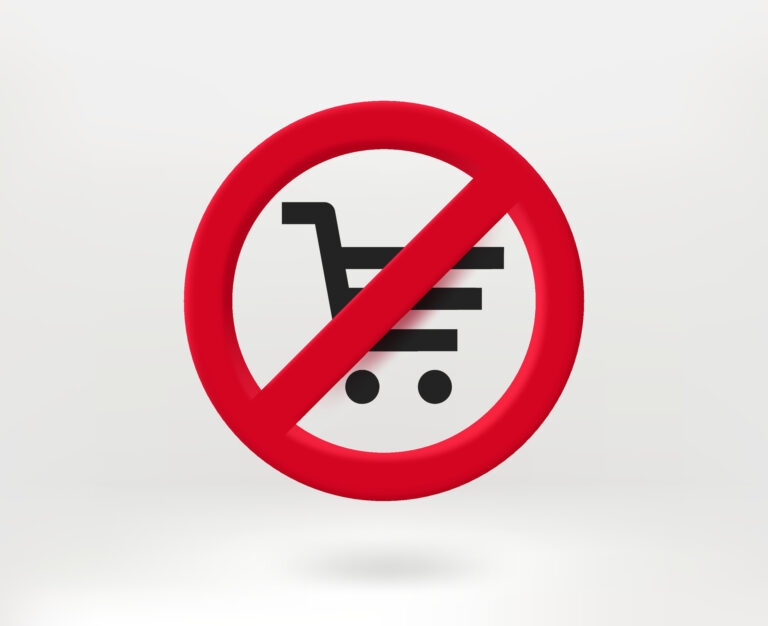What Age Do Baby Teeth Fall Out: A Comprehensive Guide
As a parent, one of the milestones you’ll experience with your child is the loss of baby teeth. This natural process can be both exciting and a bit nerve-wracking, especially if you’re unsure of when to expect it. In this article, we’ll dive into the details of what age baby teeth typically fall out, what factors can affect the timing, and how to ensure your child’s oral health during this transition period.
Knowledge
When it comes to baby teeth falling out, the process is known as exfoliation. The age at which this occurs can vary from child to child, but there are some general guidelines to keep in mind. Most children will start losing their baby teeth around the age of 6 or 7, with the process typically lasting until they are around 12 years old. However, some children may begin losing teeth as early as 4 years old, while others may not start until they are 8 or 9.
One of the first teeth to fall out is usually the lower central incisors, followed by the upper central incisors. This pattern continues with the lateral incisors, canines, and molars. By the time your child reaches their teenage years, they should have a full set of permanent teeth.
Several factors can influence the timing of when baby teeth fall out. Genetics play a significant role, so if you or your partner lost teeth early or late, there’s a good chance your child will follow a similar pattern. Additionally, certain medical conditions or habits like thumb sucking can impact the timeline for tooth loss.
It’s important to monitor your child’s oral health during this time to ensure that their permanent teeth come in properly. Regular dental check-ups are crucial for detecting any issues early on and addressing them before they become more serious. Encouraging good oral hygiene habits, such as brushing and flossing regularly, will also help keep your child’s teeth healthy as they transition from baby to adult teeth.
Conclusion
In conclusion, knowing what age baby teeth typically fall out can help you better understand and support your child through this natural process. By staying informed and proactive about their oral health, you can ensure that their permanent teeth come in strong and healthy. This article is a valuable resource for parents looking to navigate the journey of their child’s dental development.
Overall, the key strengths of this article lie in its comprehensive coverage of the topic and practical advice for parents. The target audience includes parents of young children who are approaching the age when baby teeth start falling out. By providing detailed information and tips for maintaining oral health, this article serves as a valuable guide for parents during this transition period.
As you navigate the journey of your child’s dental development, remember that baby teeth falling out is a natural and important part of their growth. Keeping up with regular dental visits and instilling good oral hygiene habits will set the stage for healthy teeth and gums in the years to come. Stay informed, stay proactive, and enjoy watching your child’s smile grow and change along the way.
